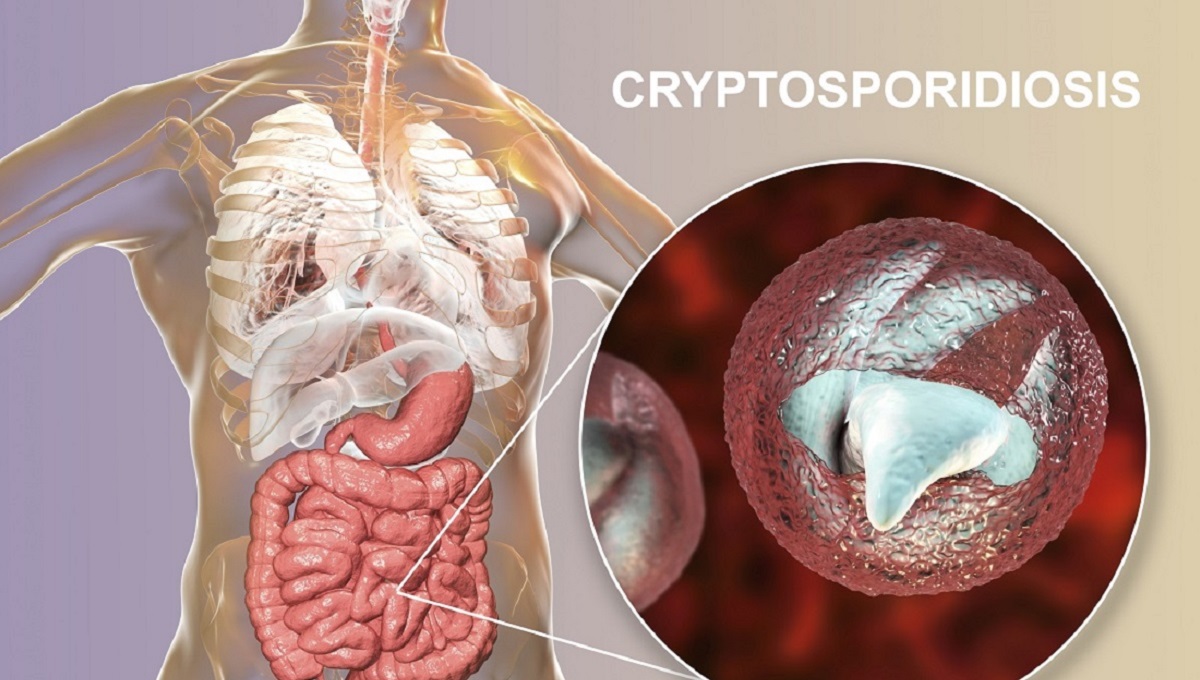A rise in Cryptosporidium infections in Sweden has been attributed to contaminated salad by public health officials.
The Public Health Agency of Sweden (Folkhälsomyndigheten) said 101 cases of a certain type of Cryptosporidium parvum had been confirmed in 13 regions of the country.
Patients fell ill from Sept. 25 to Oct. 15 this year and women were more affected than men. Cases range from 4 to 86 years old with an average age of 42.
Link to salad
The agency added there are another 99 potential cases being investigated. The type of Cryptosporidium parvum involved is common so there could be several possible sources.
Local infection control units, the Swedish Food Agency (Livsmedelsverket) and Folkhälsomyndigheten investigated the increase in infections to find a source.
Analysis of information from patients on what they had eaten before becoming ill shows they ate mixed or bagged salad more often than a control group.
Salad has a short shelf life so health officials don’t think it is still available for sale but no products have been sampled.
Livsmedelsverket has looked into possible producers and growers but has been unable to find the likely source of infection.
As reported cases of Cryptosporidium have decreased and are at similar levels to previous years, officials believe the outbreak is over.
Salad was also linked to a national Salmonella Typhimurium outbreak that affected 102 people in September and October. Arugula, also known as rocket or rucola, and bagged salad mixes that included arugula were the likely source of infection.
Cryptosporidium in Finland
In October, health authorities in Finland also warned about a Cryptosporidium outbreak that was first noticed in Helsinki.
The Finnish Institute for Health and Welfare (THL) said those sick took part in an organized event at the end of September and since then there had been around 30 cases across the country.
Investigation work includes patient surveys, laboratory sampling, and food tracing. THL does not monitor the occurrence of cryptosporidiosis regularly so local health professionals play a key role in detecting and controlling outbreaks.
Cryptosporidium is a parasite that, if ingested, can cause cryptosporidiosis. Transmission occurs mainly through contact with contaminated water but can be via food or exposure to infected animals or water contaminated by the feces of infected animals. The risk of infection can be reduced by good hand hygiene.
The main symptom is watery diarrhea, which can range from mild to severe. It is often accompanied by stomach pain, nausea or vomiting, fever, and sometimes dehydration. Symptoms usually appear two to 10 days after infection and last one to two weeks.
(To sign up for a free subscription to Food Safety News, click here.)

